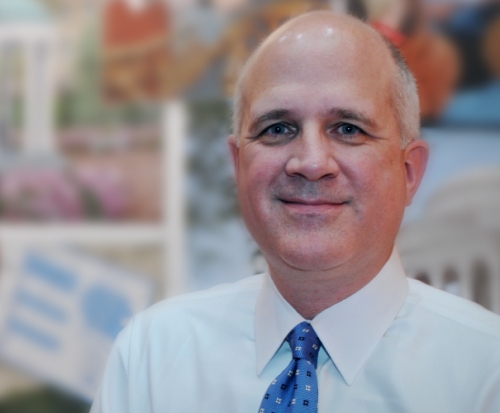When we were in high school, some of my friends packed their schedules with lots of advanced placement classes. More AP classes meant better-looking college applications, extra GPA points, and a jump-start on credits toward a degree.
I only took six AP classes—as many as some of my classmates took in their senior year alone. Compared to those kids, I felt like a bit of a slacker. But UNC’s undergraduate admissions officers have found that taking more AP courses than I did probably doesn’t prepare students any better for college. This isn’t what they expected to see, and their study has changed the way they look at college applications.
The original purpose of AP and International Baccalaureate programs was to prepare students to do college-level work, says Steve Farmer, vice provost for enrollment and undergraduate admissions at UNC. “But over time, it’s moved away from that and become just a criterion in college admissions,” he says. “We started seeing students with these superhuman course loads in high school—ten, twelve, fifteen AP courses. And we just assumed that if taking six courses was good, then taking ten or twelve was better.”
Farmer and Jen Kretchmar, senior assistant director for undergraduate admissions, started wondering one day whether more was really better. Kretchmar dug into the research that had already been done on how AP or IB courses relate to college performance. There wasn’t much out there, partly because it’s a difficult question to study, and partly because few people had thought to ask it. “We came to feel like it was an untested assumption,” Farmer says. “And it’s a fairly high-stakes assumption for students, because admissions decisions hinge on these criteria.”
They went to Chris Wiesen, an analyst at UNC’s Odum Institute, which helps social science researchers do rigorous data analysis. The institute has helped UNC admissions many times over the years to answer such questions as whether female applicants to UNC are favored over males (no) and whether applying for early action gives you a better chance of getting in (it’s not supposed to, but one year it did). This time, they wanted to find out whether students who took more AP and IB courses had better GPAs in their first year at UNC.
On average, people who take harder classes in high school may be better students already, so of course they’d have higher GPAs in college. To control for that, Kretchmar and Wiesen took into account SAT scores and high school grades. They found that students who take more AP or IB courses do better in college—but only up to a certain point. If two students have similar SAT scores and high-school grades, and one takes zero AP courses and the other takes five, the student with five AP courses will probably have a higher first-year undergraduate GPA (3.26 versus 3.07). Above five courses, there’s no significant increase in GPA.
From now on, when Kretchmar and Farmer read applications, they won’t be looking for more than five AP or IB courses. “There’s no penalty for taking more than five,” Farmer explains, “but once you have five, you’ve jumped through the meaningful hoop, as far as we can see.” Starting with the 2013–2014 admissions season, this is how UNC’s whole staff reading applications should be viewing AP and IB course loads.
So what will attract their attention in place of more AP classes? “That’s what we’re trying to work out,” Farmer says. “We don’t want to repeat the same mistake. We don’t want to put more emphasis on SAT score, for example, and then find out that beyond a certain number there’s no correlation between SAT score and better performance.”
He expects that many high schoolers will keep taking lots of AP and IB courses because they’re trying to get into several colleges, and those places won’t change their admissions criteria just because UNC does. The researchers have presented their findings to the College Board, which runs the AP program, and admissions officers at other schools have also been interested. But change in college admissions is slow, Farmer says. “We operate on a lot of rituals and practices that have just been handed down to us. And a lot of them are pretty much unquestioned.”
One thing they do hope is that more North Carolina schools will be convinced to start AP and IB programs, because the data do suggest that taking up to five of the courses leads to better college performance. And having at least five on your application still makes you a more attractive candidate at UNC.
Like me, Kretchmar took six AP courses in high school. But that was before AP programs were common, and Kretchmar didn’t take the classes because she thought she had to in order to get into college. She just wanted to take more advanced classes. That’s a good reason to load up on as many APs as you want, Farmer says. “Interesting course? Great. Wanna stay out of trouble? Great. Don’t have anything better to do? Great, take more.
“But if you’re doing it because you’re assuming you’re going to get bonus points with us, you’re making the wrong decision. You won’t.”


